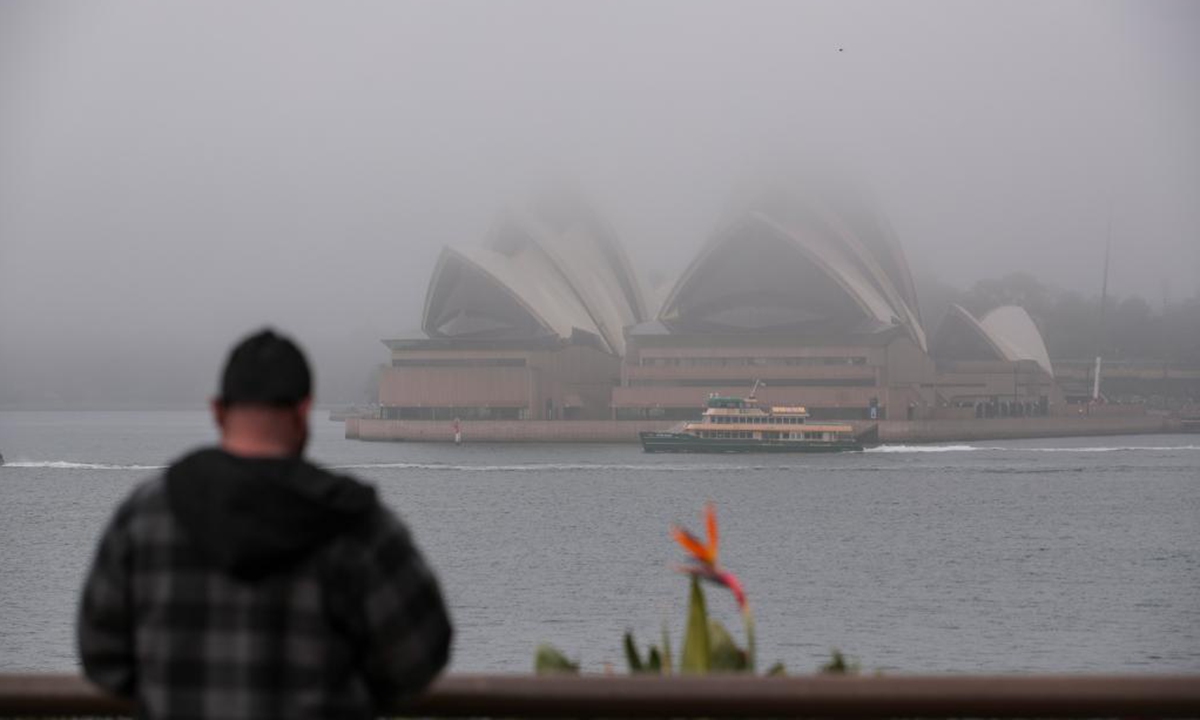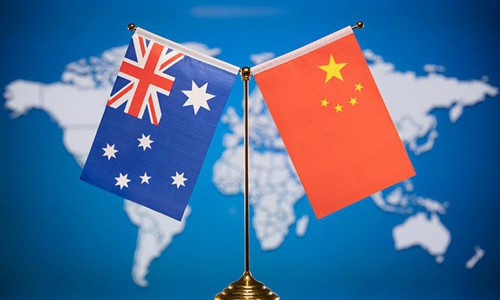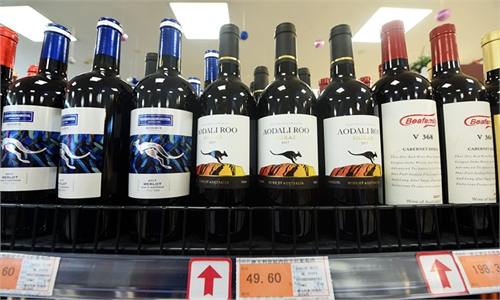
Heavy fog floats above the Sydney Harbour Bridge in Sydney, Australia, on June 30, 2021. (Xinhua/Bai Xuefei)
The Chinese Embassy in Australia on Thursday reminded Chinese citizens in Australia to ensure they took personal protective measures against COVID-19, according to a post published on the embassy's WeChat account.
According to the post, at present, the Delta variant of the coronavirus is spreading fast around the world, with the resurgence of the epidemic peak seen in many countries and regions including Australia, posing a new challenge to the ongoing fight against the pandemic. The embassy advised Chinese citizens in Australia not to travel unless for some necessary or urgent reasons and reminded Chinese citizens not to let down their guard and to continue to take necessary prevention measures to reduce the infection risk.
The reminder came at a time when Australia is struggling to contain an outbreak of the highly contagious Delta variant. Australia's largest city, Sydney, reported a record daily number of newly confirmed infections on Thursday, while the state of Victoria is set to enter a seven-day lockdown from 8 pm local time on Thursday, the state's sixth lockdown since the pandemic began, according to media reports.
The coming week will also see the country's most populous cities, Sydney, Melbourne and Brisbane, under lockdown. Meanwhile, Australia's vaccination has been slow to get off the ground, with only 20 percent of its population over 16 fully vaccinated.
It is conceivable that strengthened epidemic prevention and control measures following the resurgence of the outbreak will have an impact on China-Australia trade.
Domestically, China has also seen the spread of the Delta variant in a number of provinces and regions over past weeks, which is almost certain to lead to enhanced quarantine and inspection procedures involving some imported products at Chinese customs. Based on past experience, it is possible that imports of cold-chain food may suffer certain negative impacts in terms of stricter importing procedures.
Given the tensions between China and Australia, any minor setback encountered by Australian exports to China could be seen by some Australian politicians as the so-called China's "economic retaliation." Yet, in fact, the China-Australia trade has not been hit as hard as many have claimed.
Data released on Thursday by the Australian Bureau of Statistics showed that the country's exports gained 4 percent month-on-month in June. Specifically, among all major trading partners of Australia, some statistics showed the growth rate of Australia's exports to China was still relatively fast. Chinese customs statistics also reflects this trend. In the first half of this year, Chinese imports from Australia increased 37 percent year-on-year, according to customs data.
Since the relationship between China and Australia turned sour, some Australian politicians have grabbed any opportunity to accuse China of "economic coercion," but official data from both countries doesn't support this bias agenda.
Now both sides are expected to step up anti-epidemic measures as a result of the Delta variant spread, which is likely to affect bilateral trade. It is hoped that some in Australia could be more rational and objective in viewing trade frictions during this challenging time.



